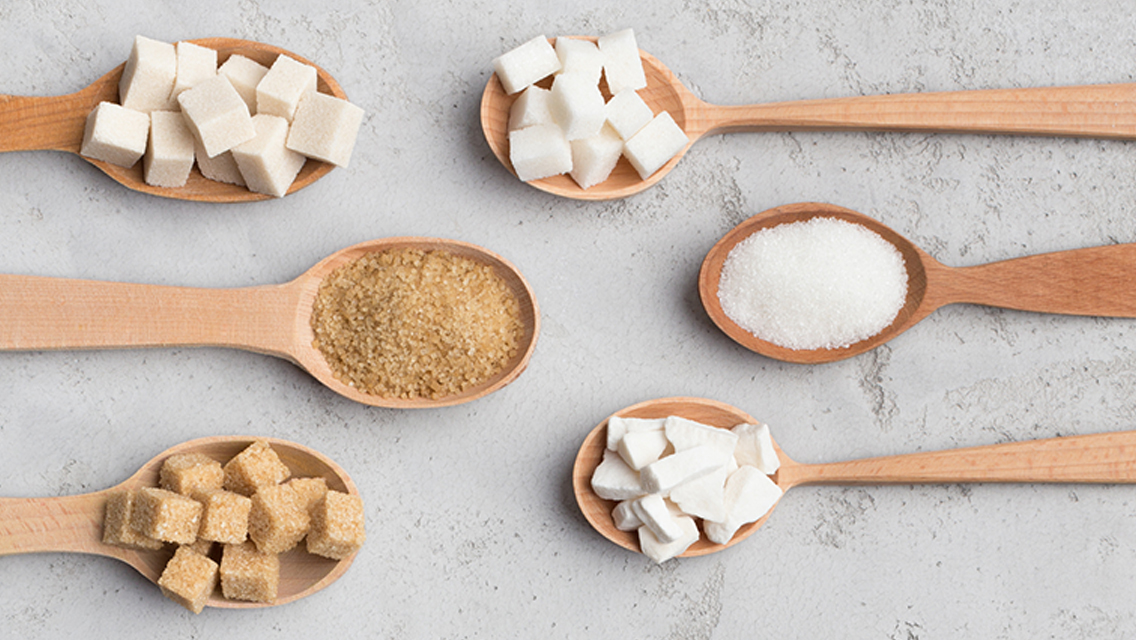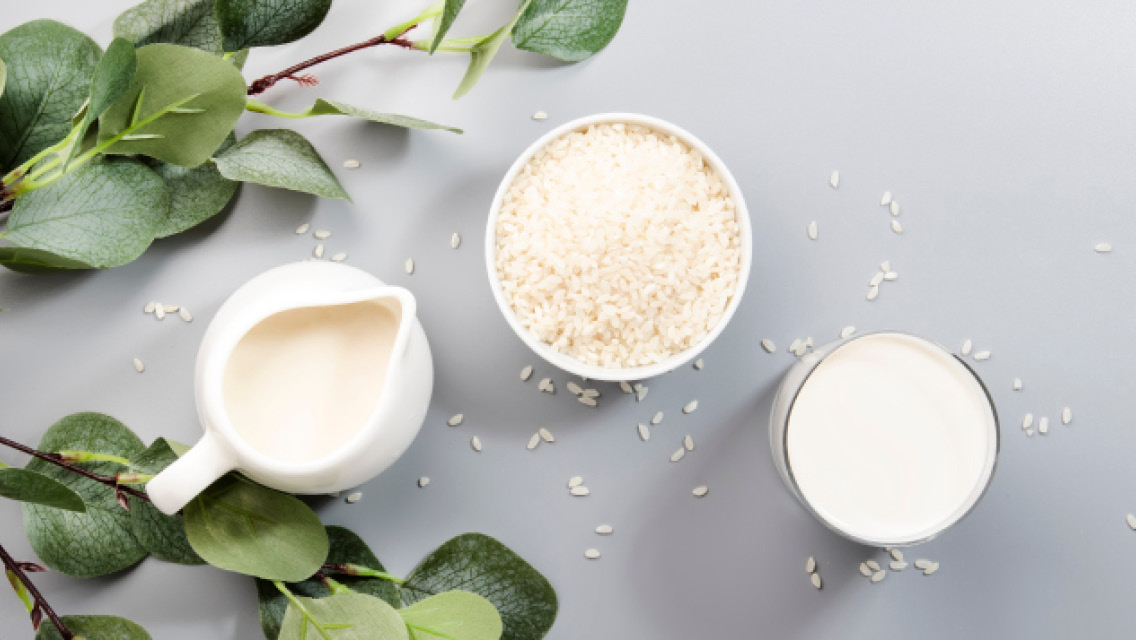Cow’s milk contains natural sugars, and dairy-free milks are often sweetened to approximate that flavor. Occasionally using a sweetened nondairy milk won’t cause health problems for most people, says Stephanie Wells, MS, RD, a registered dietitian based in Dallas, as long as the rest of their diet is relatively low in sugar. “But small amounts can add up quickly, so choosing an unsweetened version is an easy way to keep added sugars low.”
Samantha McKinney, RD, who helps lead nutrition and LTH supplement education at Life Time, agrees that choosing a product with the lowest amount of added sugars should be a goal.
“Added sugars can be big contributors to total sugar and caloric intake — and, in excess, can contribute to a host of preventable chronic diseases,” she says. “Most people are consuming too many added sugars, so it’s important to consider total intake and try to limit added sugars whenever possible, including those found in dairy-free milk.”
The American Heart Association recommends no more than 6 to 9 teaspoons of added sugar each day. Depending on your body composition, that’s an amount easily reached with a sweetened coffee drink or smoothie made with some nondairy milks containing added sugar.
Some dairy-free products contain natural added sweeteners, such as monk fruit or stevia. “Natural, noncaloric sweeteners can be a good option for those looking to add sweetness without the impact of added extra sugar,” says McKinney.
Even though these natural sweeteners don’t cause the same problems as added sugar does, they can create other issues, including gastrointestinal distress and the potential for increased sugar cravings. (Learn more about sugar alcohols and other alternative sweeteners at ”Are Sweeteners Like Stevia and Monk Fruit Better for You Than Sugar?“)
Know Your Nondairy Milk
The dairy-free milk aisle can be overwhelming. Cut through the confusion with this advice at “5 Things to Pay Attention to in Nondairy Milk,” from which this article was excerpted.





This Post Has 0 Comments